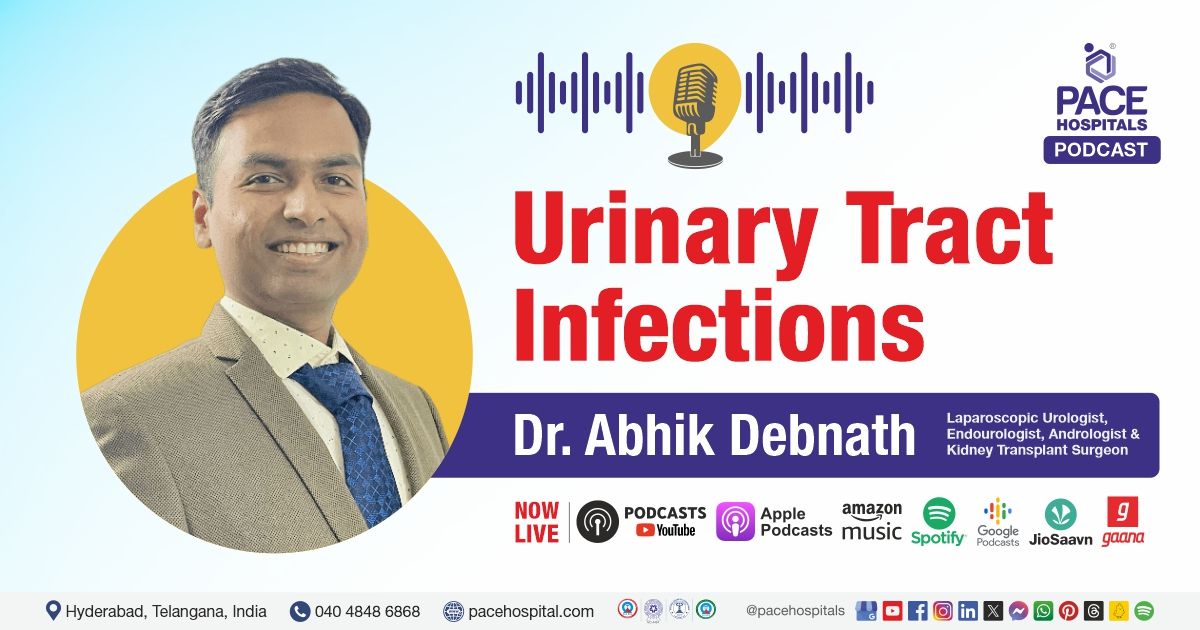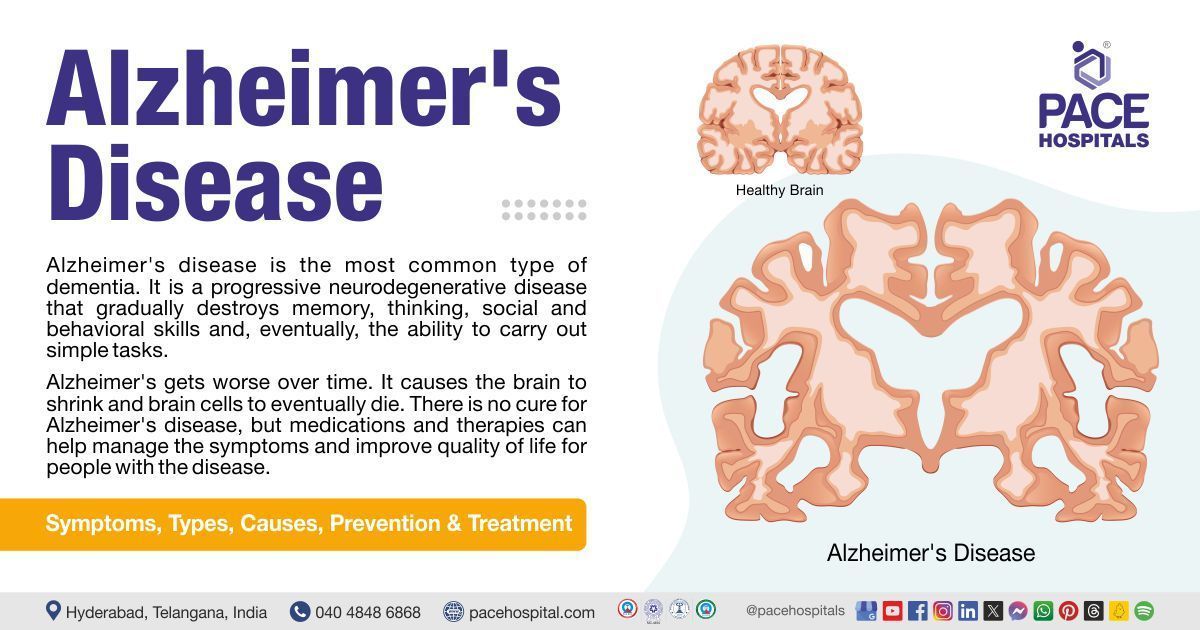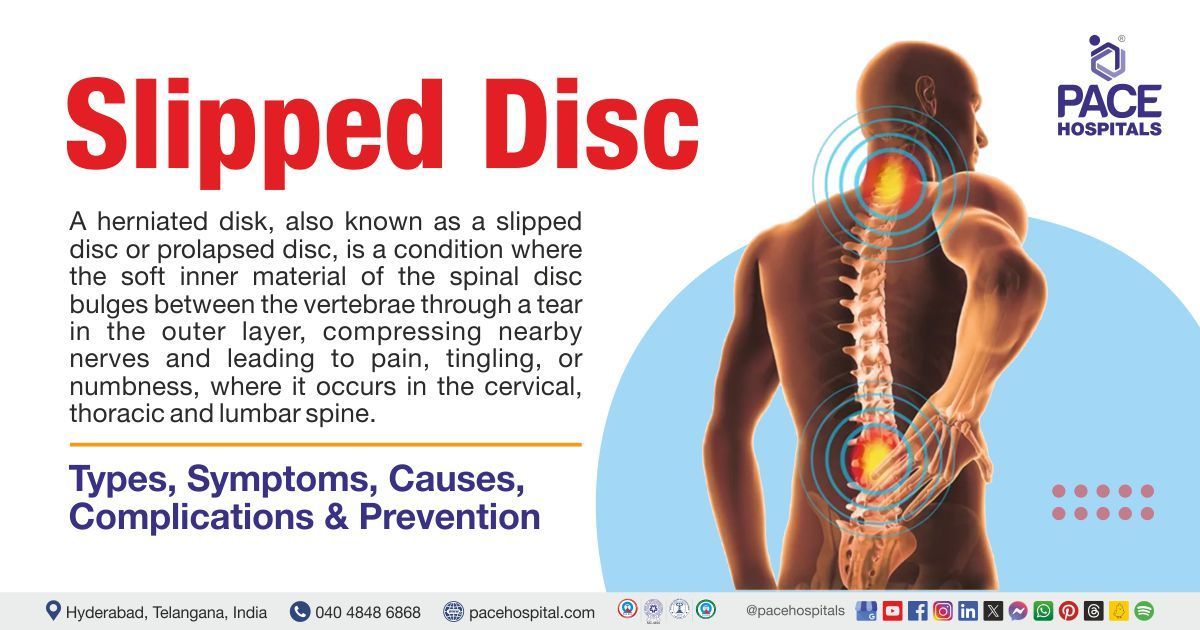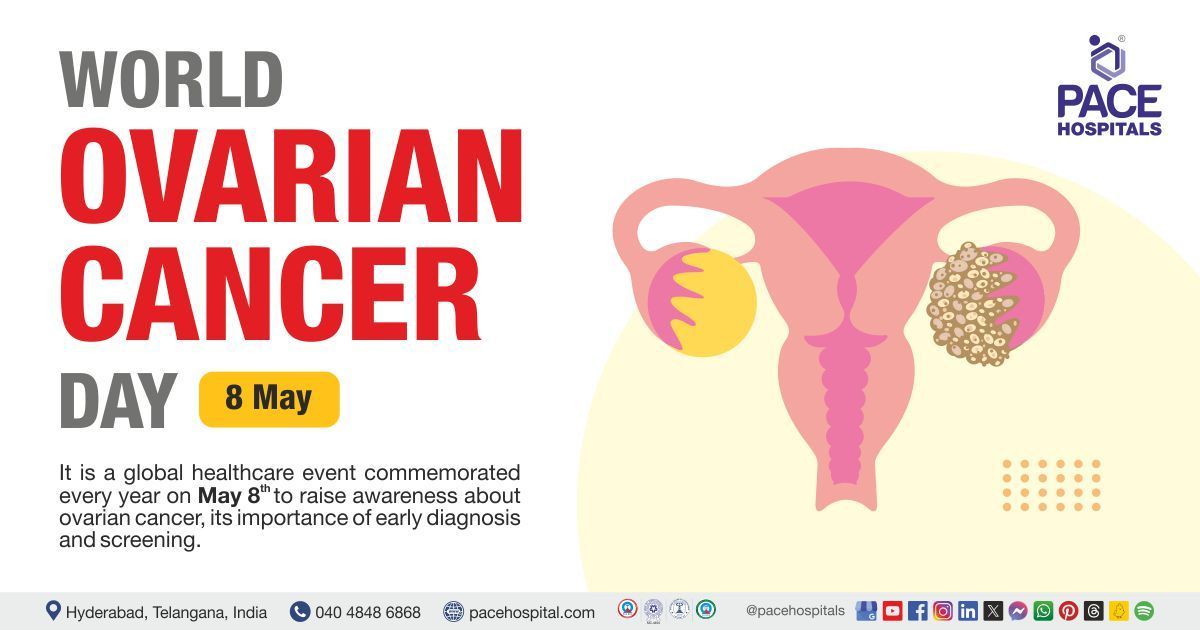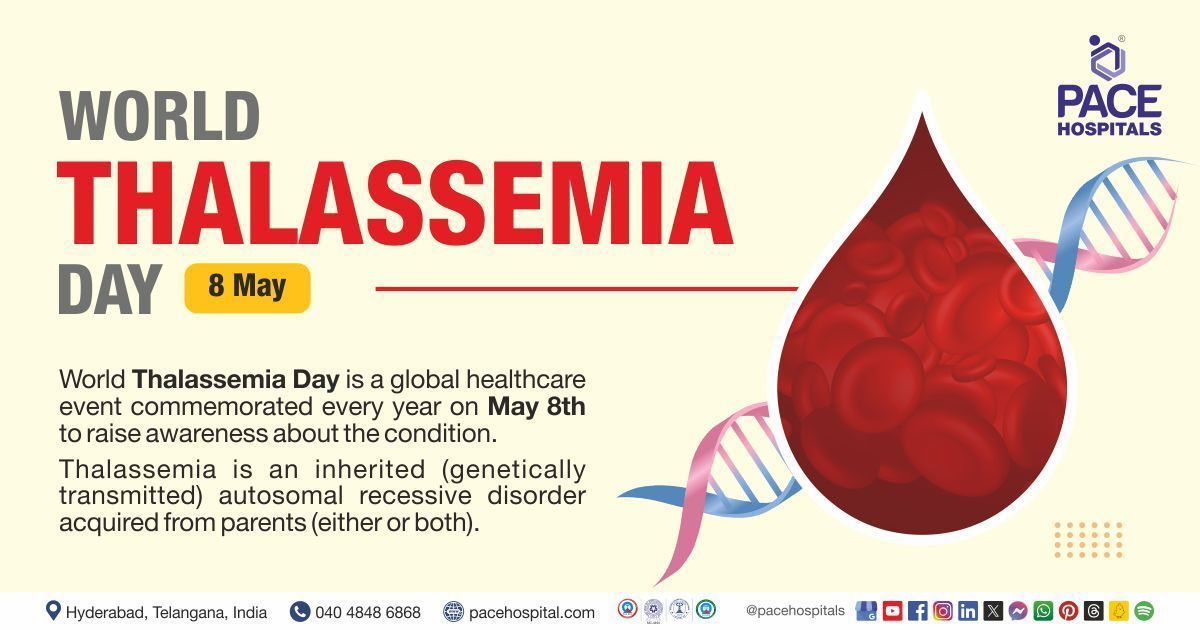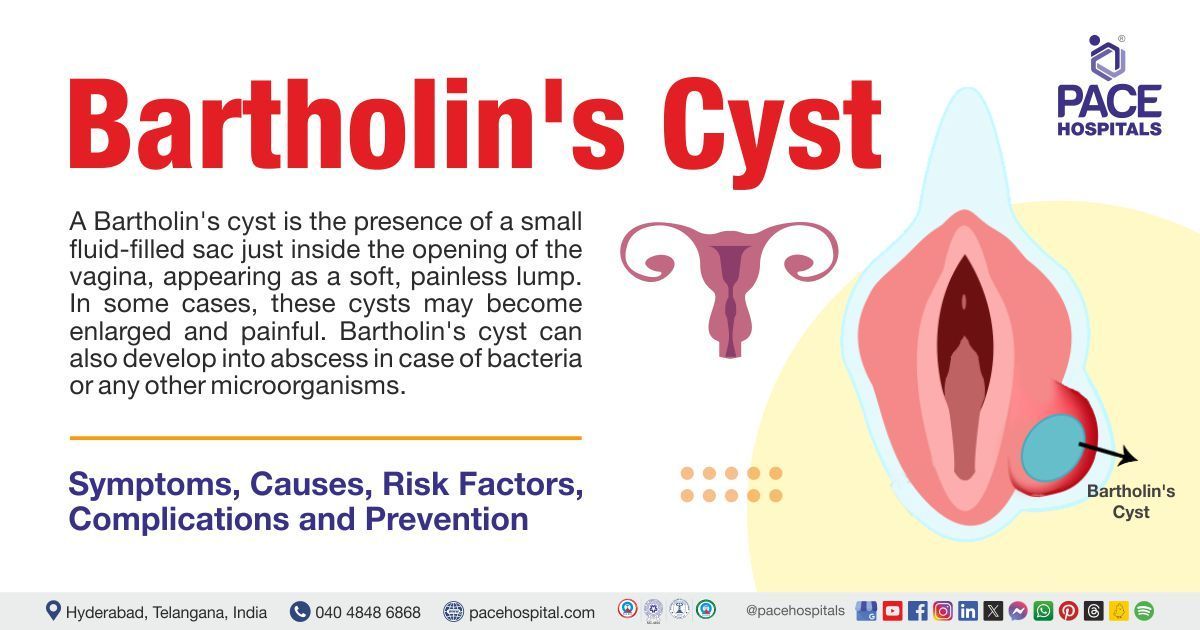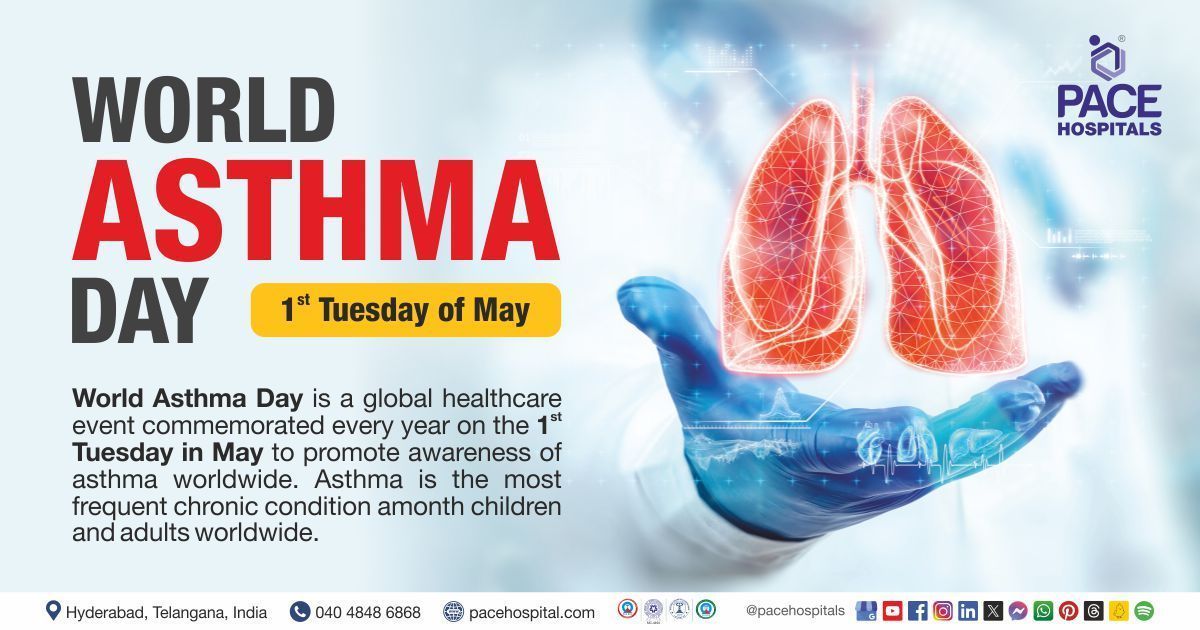Urinary Tract Infections - Everything You Need to Know - Dr Abhik Debnath
Listen to
-
Transcript
Hello and welcome to PACE Hospitals podcast. Today we are tackling a common and often uncomfortable topic urinary tract infections or UTIs. Joining us today Dr. Abhik Debnath, consultant laparoscopic urologist, endo urologist and kidney transplant surgeon with expertise in treating UTIs.
Dr. Abhik Debnath, thank you for joining us at PACE Hospitals, Hitech City.
Thank you for inviting me. Today I will be discussing about a very important and common urological topic that is urinary tract infection.
Dr. Abhik Debnath thank you for joining us. Let's start with the basics.
What exactly are UTIs?
UTI is the inflammation of the urinary tract or what is called as the urothelium because of invasion by bacteria.
So, doctor, what are the different types of UTIs?
Urinary tract infection are commonly classified into two types, either in the form of their location or site where it is involved. Site in the sense in which part of the urinary tract it is involved. If it involves the bladder, it is called cystitis. If it involves the kidneys, it is called Pyelonephritis. In males there are additional entities called Epididymitis or Epididymo-orchitis or orcitis as well as prostatitis.
It can also be classified in the form of whether they are complicated or uncomplicated. A simple urinary tract infection that is infection in the bladder which is called cystitis in an adult woman is an uncomplicated urinary tract infection.
Complicated urinary tract infection occurs when urinary tract infection occurs in either children or in pregnancy or in elderly or in case of diabetic or immunocompromised patients or in case of men or in those where symptoms persist for more than 7 days despite treatment as well as in those in which there has been a history of catheterization or urinary tract instrumentation.
So what are the causes of UTIs?
So in general, urinary tract infection is a broad topic. It can affect almost anybody across all age groups. Let us consider the usual scenario in which urinary tract infection occurs in an adult woman.
In this case we have to understand that the main cause of infection is either the infection caused by a virulent organism that means bacteria which has a tendency to cause infection and inflammation and the second is decreased host immunity that means the local immunity as well as the systemic immunity especially here we give importance to the local immunity. If it comes down, then the bacteria gets the opportunity to cause infection and inflammation. So usually decreased local immunity occurs when there is a lack of hygiene or when there is a bowel problem or when there is diabetes or any sort of immunosuppression.
Apart from this, it can also occur when there is a hormonal imbalance in the form of let us say in case of postmenopausal women where the estrogen amount is less and which hampers the local immunity.
And coming to the bacterial virulence, we can say that if there is inadequate treatment of a urinary infection by either inappropriate or by a decreased dose or by decreased duration of the antibiotic which is given, or it can be in the form of bacteria which has caused infection in a hospital setting in which they are inherently resistant to commonly used antibiotics.
If there is inadequate treatment, then that microorganism or bacteria develops resistance towards that antibiotic or a group of antibiotics. In that case, that organism can cause a much more severe infection than normal because of its increased virulence.
What are the signs and symptoms of UTIs?
So in men or women, the common symptoms include frequency and urination, urgency and passage of foul smelling urine. Along with that, there is burning sensation in passing urine and occasional passage of blood or red tinted urine.
Apart from this, there can be fever, especially when there is infection of the kidneys which is called pyelonephritis. And in men, especially when the infection is localized to the testis, to the spermatic cord or to the prostate there can be confined pain along with fever and chills.
What are the complications of UTIs?
The most important complication of UTI is a scar to the kidney. So when the UTI causes organism or bacteria ascends from the bladder towards the kidney and can cause secondary infection of the kidney which is called pyelonephritis which presents in the form of fever, chills, flank pain and passage of foul smelling urine or along with passage of puss cells in the urine which is called pyuria and bacteriuria. In such patients it is very likely that when the infection heals there is a scarring of the Perenkaema of the kidney and ultimately this leads to decrease in the function of the kidney, which is one, another thing is give the infection causing organism, persist, then it can cause recurrent urinary tract infection. With every infection episode, there is hampering of the quality of life of the patient.
How to diagnose UTIs?
UTI diagnosis is mostly clinical and along with that the supportive tests that we commonly do includes a urine culture and sensitivity along with that a routine and microscopy of the unit.
So, usually we do not need any imaging tests, but if there are signs and symptoms which suggest that it could be a Pyelonephritis or a complicated UTI, then an imaging is necessary to rule out any other problem or issues associated with the kidney like hydronephrosis or presence of a stone or presence of a perinephric collection of abscesses.
Apart from this, an x-ray KUB can also be done to see for or look for a stone in the kidney. CT and MRI and radionucleid scanning are also done, but the scenarios are different and usually performed uncommonly, especially in the setting of either an abscess formation or systemic infection or in cases in which the infection does not resolve despite 48 to 72 hours of antibiotics.
What are the treatment options for UTIs?
The treatment of UTI is fairly simple. It is important to kill the organism completely and eradicate it from the body by antimicrobial therapy. So, a urine culture sensitivity test is sent, which should be a midstream urine culture.
Apart from that, as well as the urine culture is sent, an empirical antimicrobial therapy or antibiotic is started depending upon the usual local bacterial sensitivity protocol. Usual antibiotic that is given in urinary tract infections, especially the uncomplicated types, includes either a fluoropenolone or a portrimoxazone or phosphomycinone. The duration of the antibiotic is usually 3 to 5 days if uncomplicated.
What can be done to prevent UTIs?
The most important step in the prevention of UTI is first the eradication of the first UTI because most commonly we see that due to inadequate treatment of a current UTI it tends to recur, or the infection tends to persist.
So, to prevent another episode of an UTI, it's very important to adequately treat the current episode of UTI. Apart from this some common measures include the genital hygiene especially when I am talking about UTI or uncomplicated cystitis in case of adult woman it's important to maintain genital hygiene apart from that to control the sugars that is good glycemic control in case of diabetic patients and to maintain adequate hydration status.
Is long-term UTI dangerous?
UTI can be dangerous because UTI if it ascends to the kidney that means if it becomes a complicated UTI it can cause organ damage by causing a scarring especially into the kidneys and with recurrent UTI bouts the kidney's scarring can ultimately lead to loss of function of the kidney.
Why UTI is common in female?
UTI is actually common in women as compared to men because of the anatomical nature of the reproductive and the urinary tract. So, as we all know that in women the urethra that is the passage of the conduit of urine which is there below the bladder is very short it is about 3 to 4 centimeters in length.
The urinary tract or what we say the urethra is very close to the elementary tract or the rectum, that means the urethral opening is very close to the anal opening in case of a woman. So, it is very common, or it is very usual for a fecal organism or bacteria from the elementary tract to come and contaminate or infect the urinary tract in a woman.
Who treats UTIs?
Urinary tract infection is a very common illness, and it can be treated almost by any clinician, any physician. However, I would suggest that if there is any suspicion of a complicated UTI, then primarily it should be treated by a urologist.
Dr. Abhik Debnath thank you for sharing crucial information related to urinary tract infection to our listeners.
I hope this information will be enlightening for our viewers, and I hope that they can utilize the information for the betterment of their health. Thank you.
If any of you have any further questions about UTIs, please don't hesitate to consult a urologist and remember you are not alone. UTIs are common, but they are also treatable. We will be back soon with another important topic on Pace Hospital's podcast.
UTIs are more than just discomfort; they affect millions of people around the world, impacting daily lives and, if left untreated, leading to more severe complications. In this episode of Urinary Tract Infection (UTI) podcast, we'll explore what exactly is urinary tract infection, the symptoms to look out for, the factors contributing to their occurrence, and most importantly, how to prevent and treat them.
Join the PACE Hospitals Podcast with Dr. Abhik Debnath, Consultant Laparoscopic Urologist, Endourologist, Andrologist and Kidney Transplant Surgeon at PACE Hospitals, Hitech City, Hyderabad, India, to understand this common health issue in an understandable way to be aware of preventive healthcare and taking action for early screening to get precise treatment avoiding any complications in terms of health and finances.
Request an appointment
Fill in the appointment form or call us instantly to book a confirmed appointment with our super specialist at 04048486868
Appointment request - health articles
Thank you for contacting us. We will get back to you as soon as possible. Kindly save these contact details in your contacts to receive calls and messages:-
Appointment Desk: 04048486868
Whatsapp: 8977889778
Regards,
Pace Hospitals
Hitech City and Madinaguda
Hyderabad, Telangana, India.
Oops, there was an error sending your message. Please try again later. We will get back to you as soon as possible. Kindly save these contact details in your contacts to receive calls and messages:-
Appointment Desk: 04048486868
Whatsapp: 8977889778
Regards,
Pace Hospitals
Hitech City and Madinaguda
Hyderabad, Telangana, India.
Our Locations
Subscribe to our newsletter and stay updated with the latest health information.
By clicking on subscribe now, you accept to receive communications from PACE Hospitals on email, SMS and Whatsapp.
Subscribe to PACE Hospitals News
Thank you for subscribing. Stay updated with the latest health information.
Oops, there was an error. Please try again submitting your details.
-

Payment in advance for treatment (Pay in Indian Rupees)
For Bank Transfer:-
Bank Name: HDFC
Company Name: Pace Hospitals
A/c No.50200028705218
IFSC Code: HDFC0000545
Bank Name: STATE BANK OF INDIA
Company Name: Pace Hospitals
A/c No.62206858997
IFSC Code: SBIN0020299
Scan QR Code by Any Payment App (GPay, Paytm, Phonepe, BHIM, Bank Apps, Amazon, Airtel, Truecaller, Idea, Whatsapp etc)
Call us at 04048486868
ADDRESS
PACE Hospitals
Hitech City : Beside Avasa Hotel, Pillar No. 18, Hyderabad - 500081
Madinaguda: Mythri Nagar, Beside South India Shopping, Madinaguda, Hyderabad - 500050
QUICK LINKS
Disclaimer
General information on healthcare issues is made available by PACE Hospitals through this website (www.pacehospital.com), as well as its other websites and branded social media pages. The text, videos, illustrations, photographs, quoted information, and other materials found on these websites (here by collectively referred to as "Content") are offered for informational purposes only and is neither exhaustive nor complete. Prior to forming a decision in regard to your health, consult your doctor or any another healthcare professional. PACE Hospitals does not have an obligation to update or modify the "Content" or to explain or resolve any inconsistencies therein.
The "Content" from the website of PACE Hospitals or from its branded social media pages might include any adult explicit "Content" which is deemed exclusively medical or health-related and not otherwise. Publishing material or making references to specific sources, such as to any particular therapies, goods, drugs, practises, doctors, nurses, other healthcare professionals, diagnoses or procedures is done purely for informational purposes and does not reflect any endorsement by PACE Hospitals as such.

